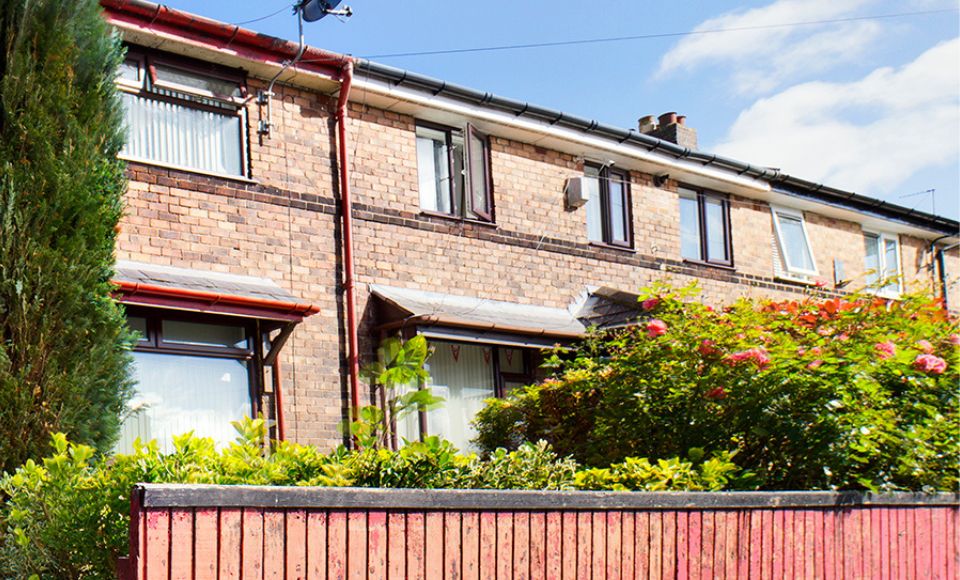He is to introduce week long supervised job centre sessions with the message “No attendance, no benefit. That is only fair. At last, no longer will a life on benefits be an option if you can work.”
So what does all of this mean for the private rented sector?
Well, the obvious fear to arise is that, as a result of this tougher approach, rental payments will be affected. If a tenant’s job seeker allowance is cut, but housing benefit payments are still made, it is possible that the rent will not reach the landlord. Likewise this could be the case if a tenant is ‘eased’ off receiving benefits and into full time employment.
What should you be doing as a landlord then?
In my opinion you should seriously consider purchasing a decent Rent Guarantee Insurance (RGI) for all of your tenancies, regardless of whether your tenant is or isn’t in receipt of housing benefits.
Dependent upon which insurance company you go with, you will be covered for any periods of unpaid rent whilst the tenant is in the property and any legal fees resulting from any eviction proceedings. Unbelievably there are actually some insurers out there who cover against tenants in receipt of housing benefits.
What should you be doing as a tenant?
Firstly, never forget that housing benefits are there to pay for your rent and nothing else. Should you find that your circumstances are changed, for example if your benefit payments are decreased as you find employment and you are worried about making rental payments, speak to your landlord about it. I am sure that you will find that they will be very approachable and may be able to provide an unexpected solution. Remember that no landlord wants to lose a good tenant and to have an empty property. If you communicate with them, they are likely to be more receptive than you think.
What should you be doing if your name is Iain Duncan Smith?
I’ll leave it up to yourselves to fill in this section.


